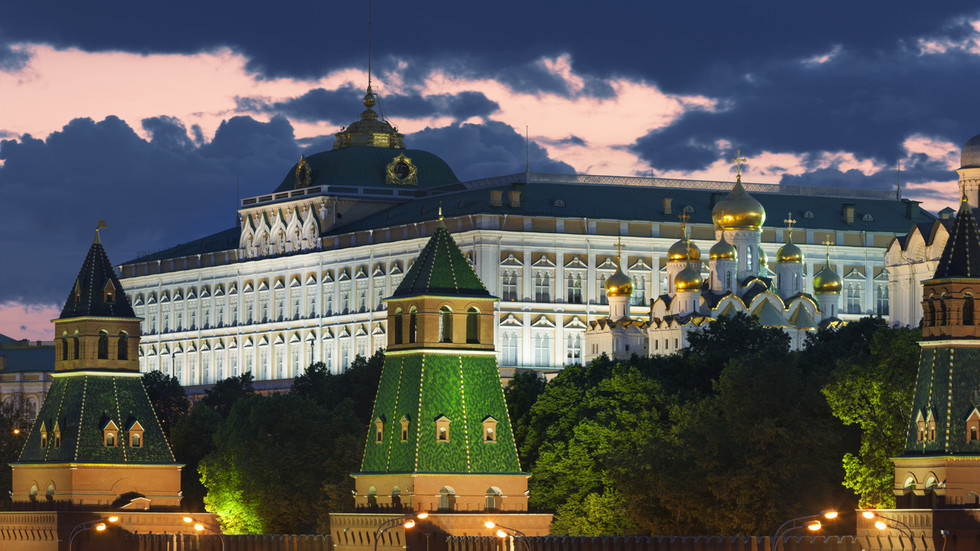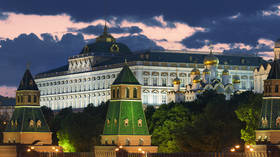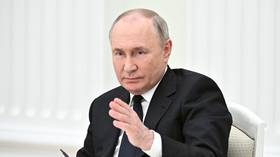
Spokesman Dmitry Peskov has warned the bloc against diverting the earnings from Russia’s frozen assets to Ukraine

FILE PHOTO. © Getty Images / Jon Hicks
A proposal by the EU’s top diplomat, Josep Borrell, to use the profits from Russia’s frozen central bank assets to fund Ukraine will erode international law and irrevocably tarnish the bloc’s image globally, Kremlin spokesman Dmitry Peskov has said.
Borrell said on Wednesday that he had proposed to the EU using 90% of the revenues generated by the Russian assets to procure arms for Ukraine, which has repeatedly complained about shortages of ammunition and weapons. According to the diplomat’s plan, the remaining 10% would be transferred to the EU budget to be used to support Kiev’s defense industry.
AP reported that Borrell’s plan has garnered the support of most EU foreign ministers. The issue is scheduled to be discussed at a summit in Brussels later this week.
Speaking to reporters on Wednesday, Peskov warned the EU that the move would entail disastrous consequences. “This is another statement in the spirit of moving towards the destruction of the legal foundations of European and international law,” the spokesman said.
He further suggested that EU policymakers are well aware of the “damage such decisions can do to their economy and their image” and that such moves would cast serious doubt on their commitment to the principle of asset immunity.

Read more
Another factor the EU should take into consideration, Peskov continued, is that the individuals and states that rubber-stamp this decision “will be subject to legal prosecution for many decades to come.”
Shortly after the start of the Ukraine conflict, Western countries imposed unprecedented sanctions on Moscow and blocked around $300 billion in assets belonging to Russia’s central bank. More than €200 billion ($217 billion) of these funds are held in the EU. According to Eurostat, the reserves frozen in the EU generated €4.4 billion ($4.8 billion) in interest income in 2023 alone.
In recent months, some Western officials have spoken in favor of outright seizing the Russian funds and transferring them to Ukraine. However, many experts and policymakers have admitted that this would be extremely difficult given the lack of legal grounds for such a drastic move.
Russian officials have repeatedly denounced the blocking of the funds as “theft.” In December, Peskov warned that any potential seizure would not be left without a response, signaling that Moscow had already compiled a list of Western assets that could be expropriated in a possible tit-for-tat action.




